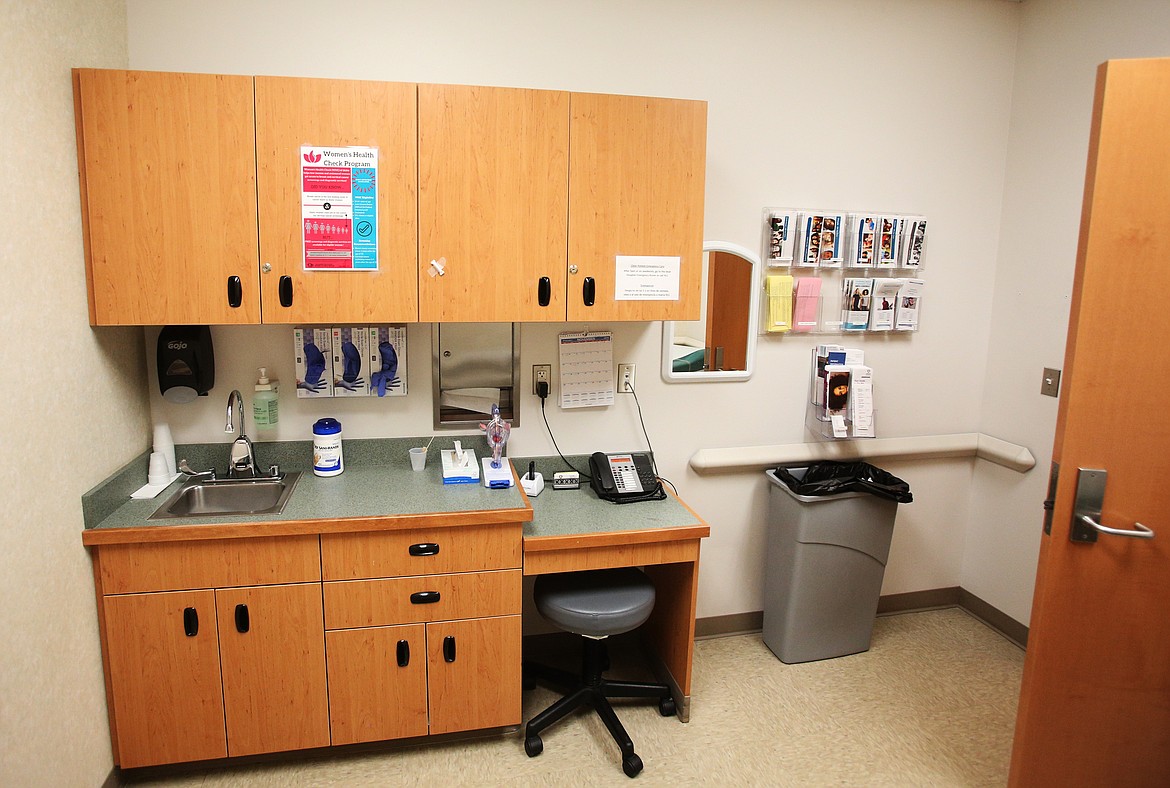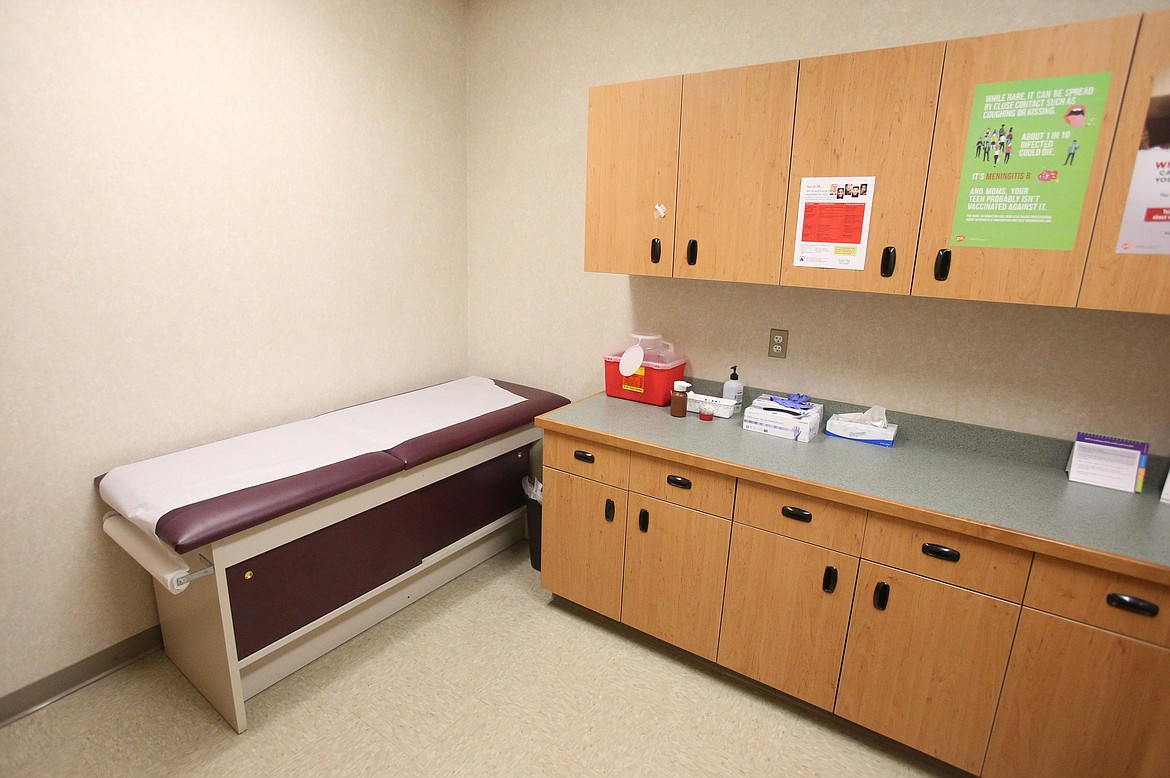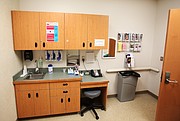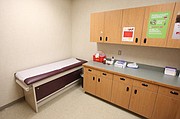Know the signs of dating violence
One in three.
That’s how many adolescents in the U.S. are victims of physical, sexual, emotional or verbal abuse from a dating partner, according to Love Is Respect, a web-based resource for teens experiencing dating abuse.
February is Teen Dating Violence Awareness Month, and Panhandle Health District (PHD) is working to raise awareness — not just this month, but all year long.
Providers like nurse practitioner Mary Fiedler and clinical nurse Karianne Yarnell help educate and empower all of their patients to form safe, healthy relationships.
Fiedler gave examples of questions she might ask during a visit with a patient: Do you feel like you are treated well? Are you able to say no to them? Do they respect your decisions? Do you feel safe in your relationship?
“If they respond in a negative way, those are red flags,” she said.
Other warning signs of an unhealthy relationship include sexual coercion, jealousy, anger, manipulation, threats and isolating a partner from friends and family.
Assessing relationship safety at each visit doesn’t just help prevent dating violence. It also helps individuals to break out of unhealthy cycles.
“We want to make sure the patient is safe,” Fiedler said. If not we can help with safer choices and community resources for help.
But what makes a healthy relationship? Healthy partners make decisions together and support each other, Fiedler said. They have mutual respect for each other and encourage the use of birth control methods. Counseling patients on these elements is crucial.
“Not all people have a healthy model for relationships,” Yarnell said. “Some people honestly think it’s okay if their partner disrespects them. That’s not a normal thing. You shouldn’t be treated that way.”
Reducing the risk of contracting sexually-transmitted infections (STIs) is another facet of dating safety. STI testing is one of Panhandle Health’s most common services. Fiedler said getting screened is important, even if a person isn’t showing symptoms.
“The number-one symptom for every STI is no symptoms at all,” she said.
Yarnell said that the best way for individuals to minimize the risk of STIs is to limit the total number of sexual partners they have, in addition to using condoms.
“Condoms are really effective at preventing some STIs if they’re used consistently and correctly,” she said.
Alcohol and substance use can contribute to the risk of contracting STIs because of how they can impair a person’s judgement.
“If people are drinking or drugging, they’re more likely to sleep with people they might not necessarily make the decision to sleep with otherwise,” Fiedler said. “They’re also less likely to use a condom.”
When it comes to dating, Fiedler said she recommends that teens go out in groups or with a trusted friend rather than alone. Don’t accept any open beverage, due to the chance of a drink being “roofied,” or spiked with a drug.
Relationship risks don’t just exist in physical spaces. They exist online, as well. Fiedler cautioned teens against taking and sending nude photos.
“We recommend you don’t send any photos in a compromising position,” she said. “Once that’s released, you don’t have control over it.”
Yarnell said that Panhandle Health District can provide confidential services to teens.
“That said, we always encourage parental involvement,” she said. “We discuss the risks of being sexually active at a young age and the risk associated with being on birth control. We encourage them to have a trusted adult they can talk to.”
Providers at PHD assess relationship safety for all patients who come in for family planning services.
Panhandle Health District offers women and men birth control options to help them decide when it would be best to have a child.
“We talk about different birth control methods and, based on the individual, we help them make a decision as to what method will work best for them,” Fiedler said.
Yarnell noted the importance of men actively taking responsibility for family planning. She encourages men to help their female partners remember their birth control pills and to use condoms.
“Guys are half of the solution,” she said. “We try to get them involved in the process.
Fiedler said she counsels patients on all the options available to them, including long-acting reversible contraception (LARC), such as intrauterine devices or implants.





